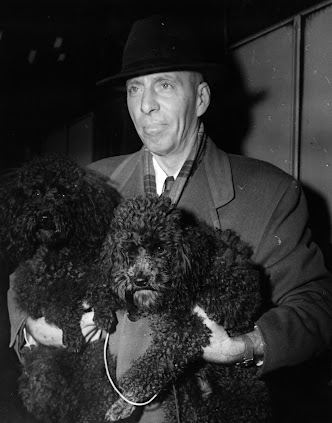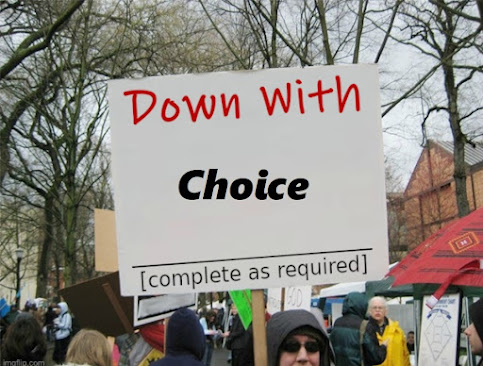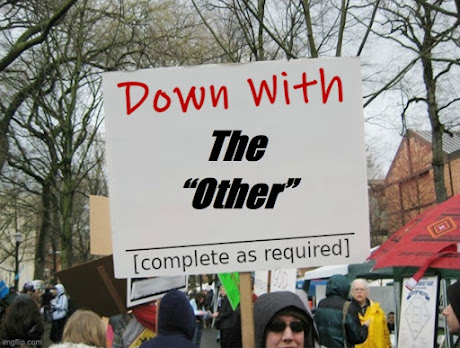Howard Hawks makes his stand in Rio Bravo
Howard Hawks and the Art of the Stress-Free Western
In the mid 1950s the career of Howard Hawks hit a bit of a bump. After directing some of the defining films of the 30s and 40s (The Big Sleep, To Have and Have Not, Bringing Up Baby, Red River etc) Hawks found himself slightly out of place in a changing Hollywood landscape.
Films of the 50s tended to be bigger, noisier and more spectacular (in glorious Technicolor, breath-taking CinemaScope, and Stereophonic Sound, as Cole Porter put it) while Hawks was more comfortable directing character-based stories that placed emphasis on the screenplay and the actors.
After attempting his one and only "sword-and-sandal" epic (the disastrous Land of the Pharaohs in 1955) Hawks took a break from Hollywood and film-making. He spent some time travelling in Europe and it actually started to look as if his career as a film-maker might be over.
That changed in 1958, when Hawks and John Wayne decided to team up to make another Western together. Wayne's career was also in a bit of a slump at this time, and the two friends discovered they shared a mutual dislike (although for slightly different reasons) for the highly successful 1952 film High Noon.
High Noon is widely understood to be an allegory for the Anti-Communist McCarthy-Era Witch Hunts that were tearing Hollywood (and the fabric of American society) apart at the time. In that film, Gary Cooper is an ageing Sheriff who learns that a killer he had sent up for murder is out of jail and returning to the town (on the noon train) with revenge on his mind. Rather than run away (as he is urged to do by everyone) he elects to make a stand, and proceeds to spend the remainder of the film trying to enlist the aid of the townsfolk. One by one, everyone in the town abandons him (including his new bride, a Quaker) so he must face the ruthless killers alone.
It was no secret that screenwriter Carl Foreman had intended High Noon as a rebuke to everyone in Hollywood who were standing by and doing nothing while colleagues and friends (including Foreman himself) had their careers and livelihoods destroyed by the House Un-American Activities Committee. This was the reason why John Wayne disliked it so much; as a staunch anti-Communist and a supporter of the blacklist, he resented the (slightly unsubtle) message of the film.
Howard Hawks' reasons for disliking High Noon were more nuanced. He felt the film was dramatically weak, and he had no respect for a Sheriff who spent the entire film begging the rest of the town for help. In his eyes, a Sheriff is hired to keep the town safe, not vice versa. If he can't do his job without putting civilians in harm's way (said Hawks) then he has no business being a Sheriff.
Rio Bravo was Hawks' explicit response to High Noon, but it was also his stand against modern Hollywood. Although it was made in 1959, the finished film is cheerfully (almost defiantly) old-fashioned; the work of a master film-maker who doesn't need to prove anything to anyone. No more embarrassing Egyptian epics for him; he had returned to his roots and had made the sort of film he was (very, very) good at.
Most discussions of High Noon and Rio Bravo follow the received wisdom that High Noon is the Liberal commentary on society, and Rio Bravo is the Conservative response.
Nerts to that, say I.
My personal view (and I am unanimous in this) is that High Noon is far less liberal than it thinks it is, while Rio Bravo is considerably more democratic (more about that in due course).
Whatever the political reading of the two films, Rio Bravo remains a masterpiece of the genre, and is frequently described as one of the best Westerns of all time. John Wayne gives one of the best performances of his career and the rest of the ensemble cast are on top form.
RH, if you're reading this; this one's for you, and for all those Monday afternoons, back in the 20th Century.
You're a treasure. I don't know what I'd do without you!

















Comments
Post a Comment